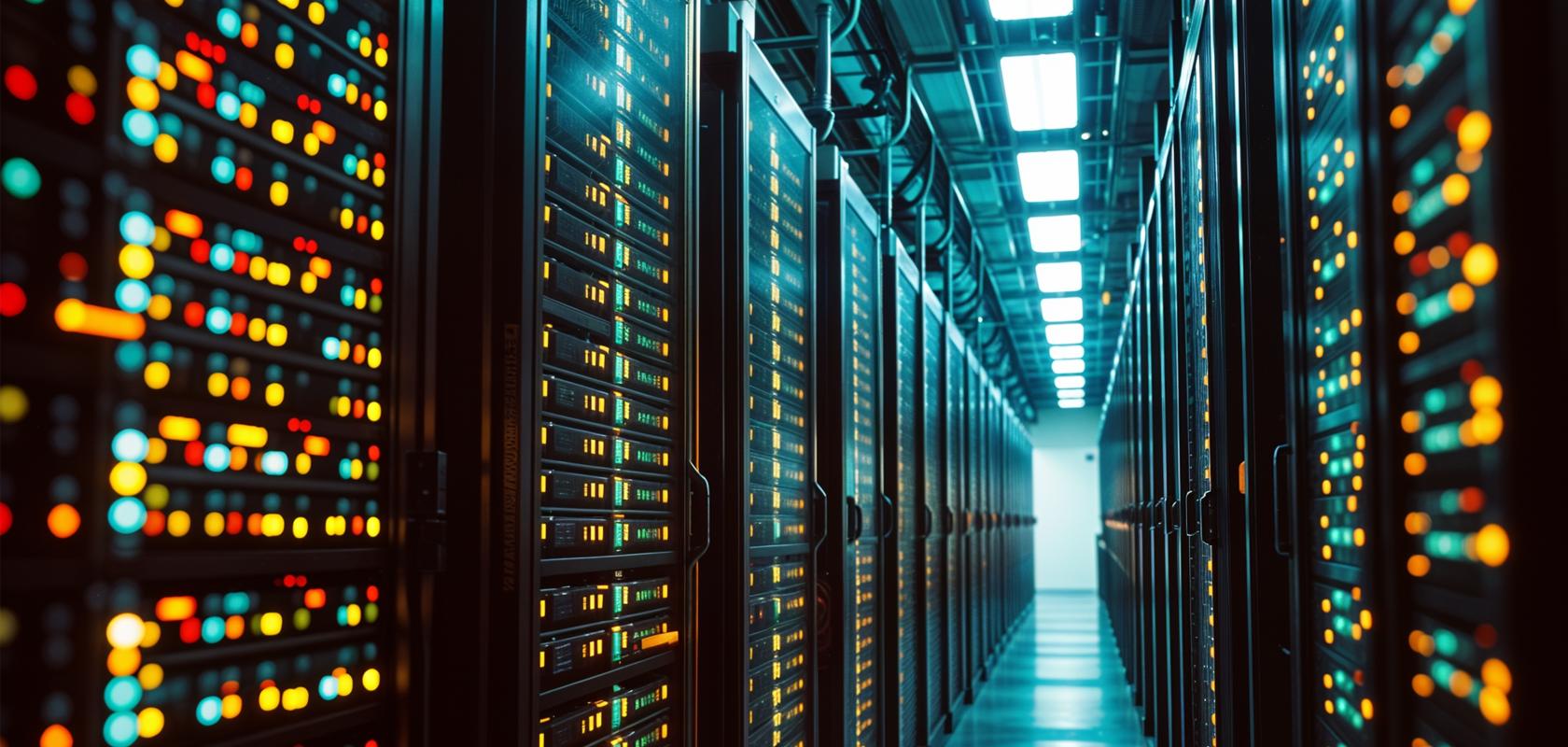Marvell Technology has showcased its 3nm PCIe Gen 7 connectivity at the OCP Global Summit, October 15-17, at the San Jose Convention Center.
PCIe Gen 7 doubles data transfer speeds, enabling continued scaling of compute fabrics inside accelerated server platforms, general-purpose servers, CXL systems and disaggregated infrastructure. Building on its widely deployed PAM4 technology and utilising its accelerated infrastructure silicon platform, Marvell has developed an interconnect portfolio addressing all high-bandwidth optical and copper connections in AI data centres. This innovative portfolio empowers cloud data centre operators to optimise their infrastructure for their specific architectures and workloads to meet the exponential demands of AI.
“AI workloads are driving the evolution of server interconnects, and our PCIe Gen 7 technology is engineered to meet the performance and scalability needs of next-generation AI data centres,” said Venu Balasubramonian, vice president of product marketing, Connectivity Business Unit at Marvell. “Our leadership in PAM4 SerDes technology in advanced process nodes enables us to deliver superior performance, low latency, and industry-leading performance, power and latency, providing a critical foundation for accelerated infrastructure.”
Today, most of the optical interconnects used in data centre backend and frontend networks are based on PAM4 technology. As compared to PCIe Gen 5, which was based on NRZ modulation, PCIe Gen 6 and 7 require the use of PAM4 modulation. With its recent PCIe Gen 6 retimer announcement and this PCIe Gen 7 demonstration, Marvell extends its PAM4-based optical and copper interconnect portfolio beyond Ethernet and InfiniBand into copper and optical PCIe, CXL and proprietary compute fabric links.
The increasing performance of processors and accelerators combined with the growing size of AI clusters is prompting the need for greater bandwidth speed and capacity. PCIe Gen 7 will enable larger volumes of data to be exchanged between processors to reduce the cost, time and energy required for training or inference. PCIe is the industry standard for inside-server-system connections between CPUs, GPUs, AI accelerators, and other server components. AI models are doubling their computation requirements every six months and are now the primary driver of the PCIe roadmap, with PCIe Gen 7 becoming a requirement.
PCIe Gen 7, operating at 128 gigatransfers per second (GT/s) per lane, enables AI and ML workloads to scale across compute fabrics. It delivers the high performance, low latency, and energy efficiency needed to power next-generation AI clusters, high-performance computing (HPC) systems, and cloud data centres.
Marvell PCIe Gen 7 SerDes is designed using 3nm fabrication technology enabling lower power consumption while delivering superior reach and link margins, that are critical for emerging AI super clusters. SerDes and parallel interconnects serve as high-speed pathways for exchanging data between chips. A rack in a hyperscale data centre can contain up to tens of thousands of SerDes links.
Leveraging its PAM4 SerDes technology leadership and its comprehensive data infrastructure IP, Marvell has created a state-of-the-art connectivity platform that enables cloud data centre operators to optimise their infrastructure for their unique architectures and workloads. In 2023, Marvell introduced the Marvell Nova DSP, the industry’s first 1.6T PAM4 DSP. Marvell has also introduced integrated PAM4 DSPs (Marvell® Perseus) and DSPs optimised for efficiency (Marvell Spica Gen2-T) to serve the broadening spectrum of cloud data centre link types and use cases. PAM4 technology is also the foundation of the Marvell® Alaska® A DSP chips optimised for active electrical cable (AEC) applications.

